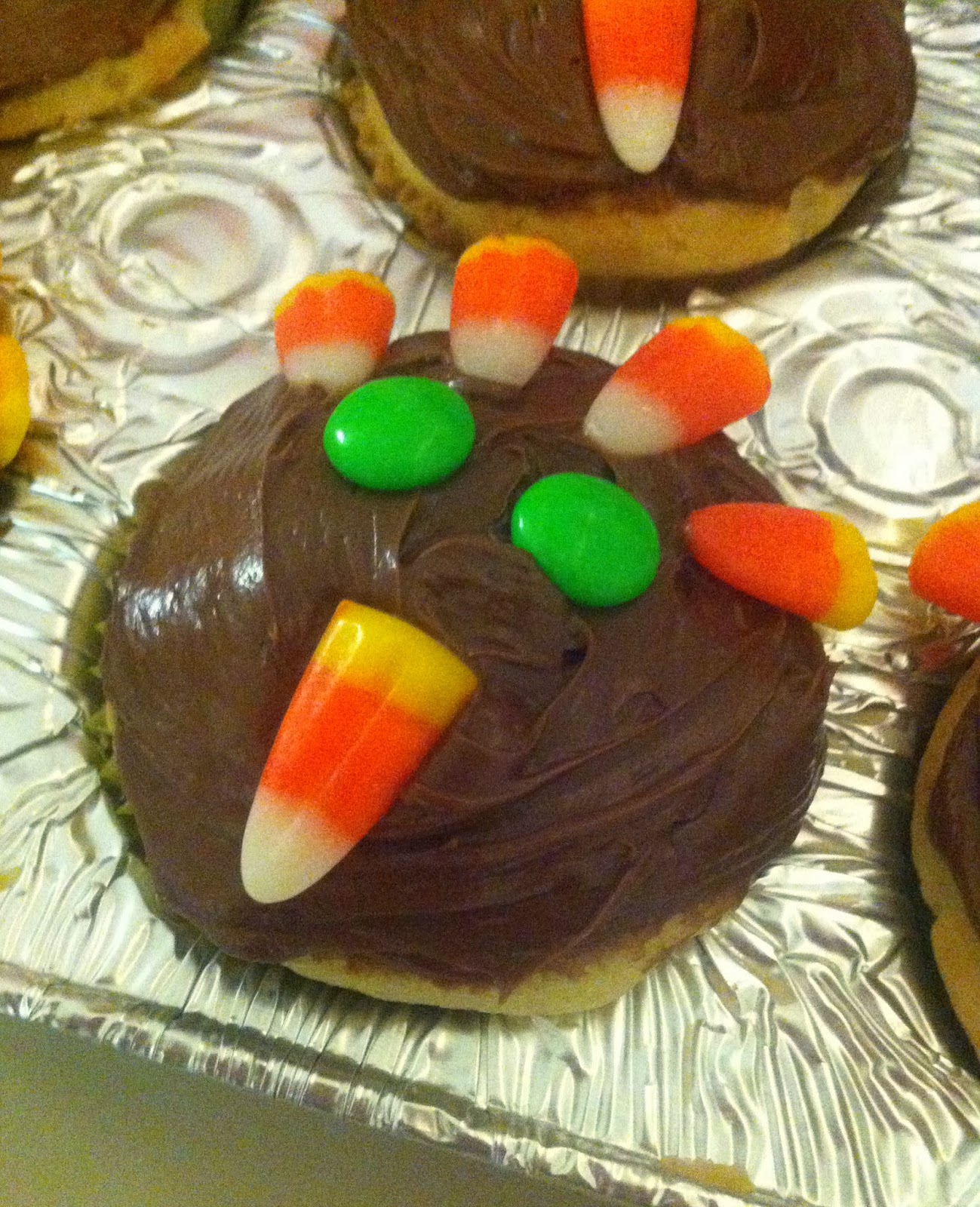Target:
I used this game to target past tense regular verbs...but it could be easily modified to target sight words, specific sounds in words, or other verbs.
What You'll Need:
- Paper dollar bills with verbs written on the back
- 3 paper pigs (labeled "t", "d", and "id" for the three regular past tense verb endings)
- Tape or sticky tack
Preparation:
Create fake money out of green paper. Write target words on the back of
each dollar. I was targeting regular past tense verbs so I wrote words
such as "look", "walk", "call", and "start".
Create piggy banks out of pink paper. Since my past tense verbs fell into 3 categories, verbs ending in the "t", "d", and "id" sounds, I made 3 piggy banks.
Before therapy, "hide" your dollar bills around the room as shown below.
Attach your piggy banks to the wall or a white board. Label them if necessary.
How to Play:
Let your client search the room for a dollar bill. Once they find one have them produce the verb on the back ("walk"-> "walked") and place the money in the appropriate piggy bank.
For a fun twist, write "bankrupt" on the back of a few of the dollar bills. If your client selects a "bankrupt" dollar they must empty one of their piggy banks.
This activity is super easy to set up and clients love the idea of collecting something of value and storing it in their piggy banks. I have found little games like these to be great motivators for kids, instead of having to use actual prizes or food.



.JPG)
.JPG)
















